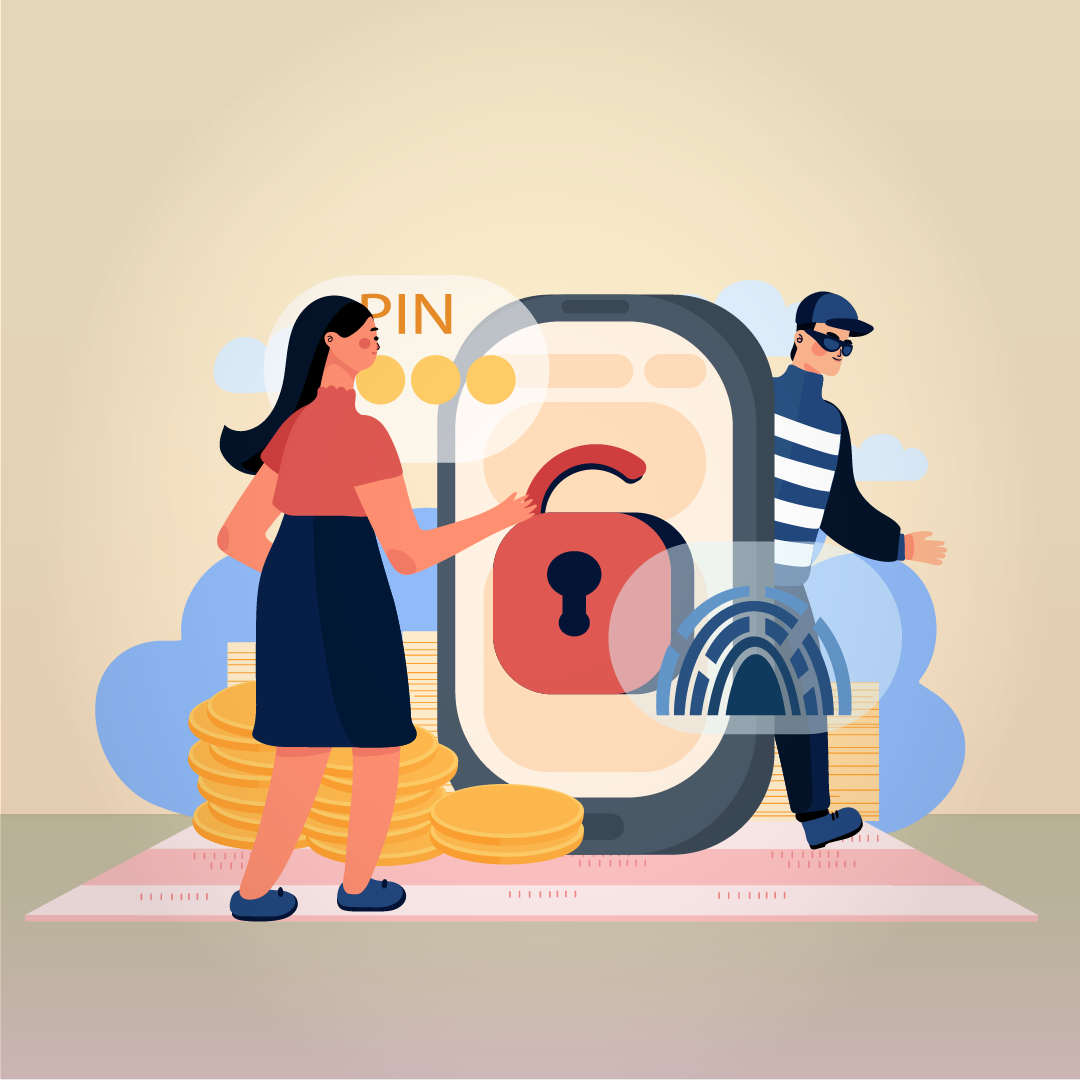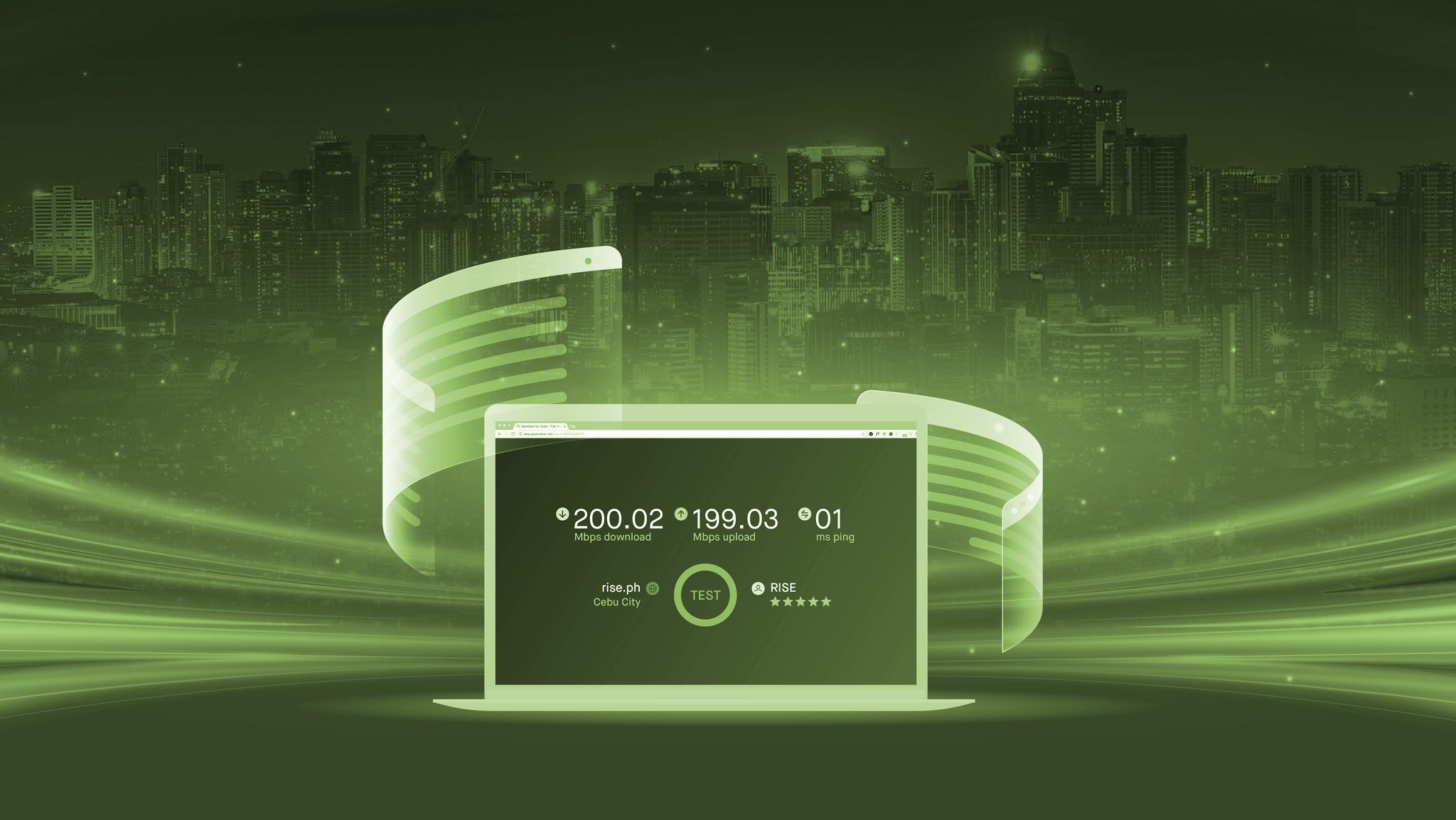For many of us, our digital devices are our life. Or at least our lifeline to participating in broader society. Our computers are offices, our phones are wallets, and our smartwatches can even open the doors to our homes. Controlling who has regular access to these devices is more important than ever!
This is why maintaining strong password security is so important to everyday life in the digital age: it allows us to safely use modern technology to improve our lives while protecting us from those who would cause us harm.
But what makes a good password? How do you maintain strong password security, or remember a dozen different passwords for each device and service you use? Do you really need to update your passwords every 3 months? Let’s dig in.
Your data may already be exposed
First things first – it’s very likely that you have already been exposed to a data breach. Hundreds of companies are targeted every year by hackers trying to discover vulnerabilities in their systems, and large public facing sites like Facebook, LinkedIn and even Target have all had data breaches.
Access to the private data of businesses is very valuable, even a basic email account can be worth a lot to hackers. With access to someone’s email account you can take control of their bank details or steal business information, or simply use the “legitimate” address to send out spam and other phishing attacks.
Hackers are always coming up with new ways to gain access to your data, and so you need to stay in front of them. By updating your password regularly, you can reduce the risk that other people have consistent use of your accounts, and can remove access from anyone who shouldn’t be there.
Use multiple passwords to protect against breaches
It is always better to be proactive than reactive when it comes to changing your password, as you don’t always know when one of your accounts has been breached. In many cases, it can be quite difficult to figure out if someone else is using your account!
If you use the same password on multiple accounts across multiple sites, then if any one of those accounts is exposed, all of your accounts are exposed. The easiest way to better protect yourself from this risk is to use a different password for each account.
This way if one of your accounts is breached, you don’t give the hacker access to everything. You may need to close or sanitize your twitter account, but you don’t have to completely purge your entire digital life.
How to make a strong password
Now that you are updating your password regularly and using a unique password for each service, you need to make sure that you are creating strong passwords. A strong password is one that is easy to remember and difficult for hackers (and hacking software) to guess.
Quantity is often more important than quality when it comes to making a strong password – a long password of all lowercase letters is far stronger than a short password with special characters! Shorter passwords are typically easier to guess, especially ones that include common phrases like 12345, qwerty or the always popular “password”.
Combining 4 to 5 words to form a memorable pass-phrase is a good start, especially if you use numbers, symbols or misspelled words to make it more unique. Make sure it’s not identifiable to you specifically, that means no personal information such as names or birthdays (or birth years).
Combining all these concepts we can make a strong password that looks like this:
Rescue!Distort!Catch!Eternal!
These words have no relation to each other, and the use of capital letters and exclamation marks makes it difficult for hacking software to simply guess combinations of words.
Password apps can make staying safe easy
The biggest problem with using multiple strong passwords is remembering them all. If you need a different password for every account you use, and all of them have to be updated regularly, and all of them have to be unique, it can be quite difficult to remember which password goes with which service.
The worst thing a person can do is write down all their passwords, either on a note next to their computer or in an unsecured text file. Having all your passwords collected in one place (especially if you do this on a work computer) makes it much easier for hackers to steal, and all your hard work creating strong passwords goes out the window.
Password manager apps can be a great help in this regard – storing all your passwords in a secured location that makes it easy for you to access your services and hard for hackers to breach.
Most modern devices and web browsers even have built-in password management tools that you can access fairly seamlessly. However, for extra peace of mind or for advanced management tools, you can look at specific apps like Dashlane, Bitwarden or LastPass. The advantage of using a specific service or app like this is that they are normally available across both your web browser and your phone.



